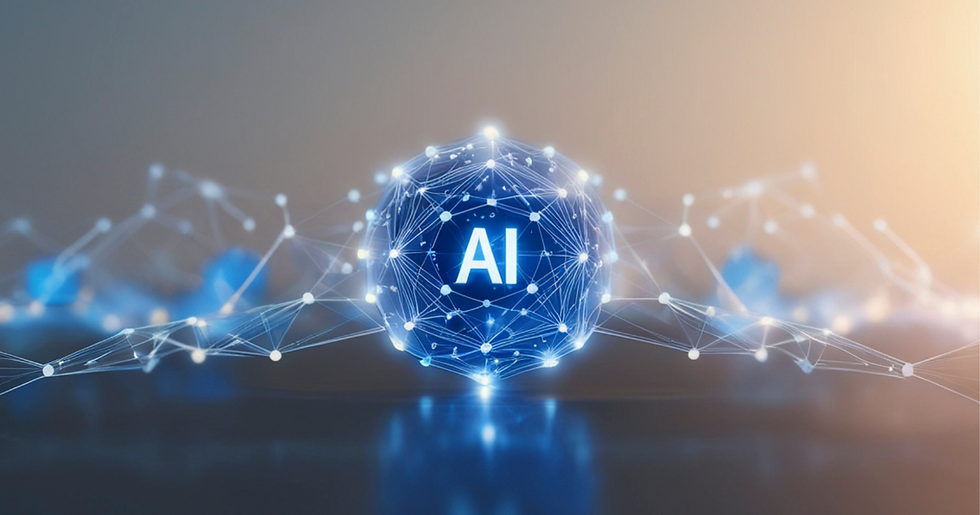The future of cybersecurity
- Needling Worldwide
- Nov 3, 2021
- 2 min read
Our lives and business activities are increasingly conducted online, so cybersecurity is becoming the key security issue. This makes cybersecurity increasingly essential to every business, including mom and pop organizations. Those individuals or companies who fail to recognize its importance are in big trouble.
The future of cybersecurity is hard to predict, and it's often misunderstood. Many CEOs and CTOs, along with IT security personnel, focus on network protection and they fail to look at the larger scope of factors involving the shifting behaviors of cybercriminals and the new attacks they develop. Most essential is discerning if an organization’s personnel is trained and if they have the skill set to detect when these attacks occur.
As far as the future of cybersecurity, Artificial Intelligence (AI) will be the main component of many cybersecurity systems. AI will enable companies to automate data, feature tasks involved to protect data, and crunch the data. Ideally, the AI can present this data to qualified cybersecurity personnel so that prompt decisions pertinent to the company’s mission can be made at a moment’s notice.
Cybersecurity developers will then be able to use AI to address vulnerabilities, detect security issues before they can be taken advantage of, and expeditiously gather evidence of the targeted attack.
Cyberwarfare threats are fast becoming the threat of the future because they’re so profitable. As cybercriminals become aware of how profitable these attacks are, the danger increases exponentially. In turn, cybersecurity businesses must find ways to protect key pieces of their infrastructure to make them more resilient to digital intrusions. This would involve adding multiple layers of security to traffic systems, hospital databases, corporate businesses, and ensuring that endpoint protection is surveying the network 24/7 with the most updated tools available.
Additionally, developing cybersecurity talent becomes essential. Over the last decade, cybersecurity professionals have become in such high demand that they can name any salary. However, companies should thoroughly vet that person’s credentials and qualifications to ensure they can handle the challenges they’ll constantly be expected to overcome.
Given the enormous shortage of cybersecurity professionals who have extensive experience, many businesses will seriously need to consider working with third-party vendors. These vendors must be trained personnel able to perform cybersecurity audits and provide consultation for strengthening the network. This must happen concurrently while newly hired security professionals have time to gain experience and develop a greater understanding of cybersecurity as it relates to protecting the company’s data.
Outdated legacy systems will continue to be an enormous threat, because of the following:
There’s little motivation for manufacturers to continue releasing security patches for out-of-date systems.
Legacy systems typically have huge dependencies on software and hardware that can’t be run without introducing new ongoing security vulnerabilities every day.
Many companies and consumers are perfectly satisfied with the performance of their current servers and infrastructure. They’re reluctant to upgrade to advanced cyber security software or technology that would enable them to detect threats faster. All this is at their own peril.
Legacy servers can be very costly. However, companies must be willing to accept the risk based upon the threat’s criticality.
Companies must be prepared to adjust their budgets to meet the challenges they currently and will continue to face. This is essential to their businesses and customers.
.png)



Comments